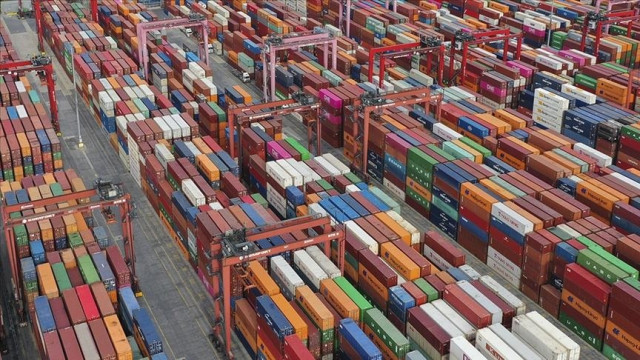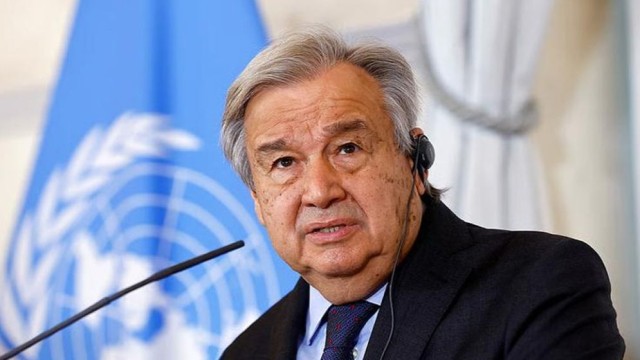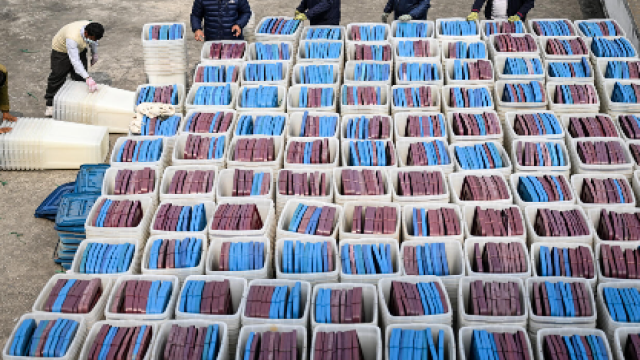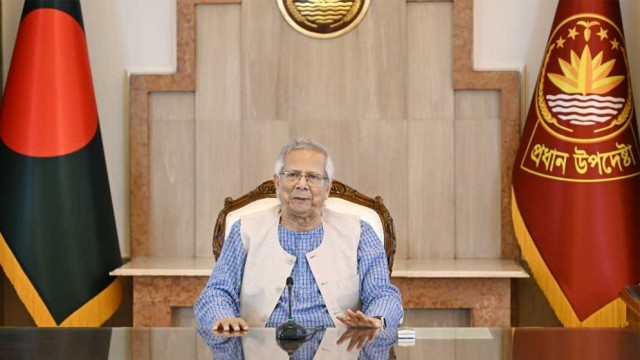BRASILIA, Feb 12, (V7N) – Brazil has expressed its intention not to enter into a trade war with the United States following the imposition of a 25% steel tariff by US President Donald Trump. Brazil is the second-largest exporter of steel to the US, having shipped 4.08 million tonnes in 2024.
Asked about possible retaliation to the new tariffs, Brazil’s institutional relations minister, Alexandre Padilha, stated, "The government has not discussed this at all," emphasizing that Brazil is opposed to a trade standoff. "Brazil does not encourage and will not enter into any trade war," he added.
This stance contrasts with earlier comments from President Luiz Inacio Lula da Silva, who had vowed to retaliate against any tariffs imposed on Brazilian products. "If he taxes Brazilian products, Brazil will reciprocate," Lula had said in January, while stressing the importance of improving relations with the US, Brazil's second-largest trading partner after China.
Finance Minister Fernando Haddad argued that unilateral tariffs, like those imposed by Trump, are "counterproductive for improving the global economy." However, he clarified that these tariffs target the global market, not just Brazil, and the country is awaiting the responses of other nations before determining its course of action.
In the past, Trump had imposed similar tariffs during his first term, citing unfair competition. While Brazil had been exempted in 2018 after agreeing to import quotas, the new tariff applies globally.
Jackson Campos, director of AGL Cargo, noted that Brazil is likely to pursue diplomacy over retaliation as a means of resolution, as it tends to yield faster results. He also suggested that Brazil could seek to diversify its export markets, potentially turning to countries like India, South Korea, and those in Africa.
The American Chamber of Commerce in Brazil expressed its hope for a negotiated solution, warning that the new tariffs could significantly affect Brazilian steel and aluminum exports. In 2024, Brazil exported over $5.7 billion in steel to the US, which is its primary export market for these goods.
The Brazilian Steel Institute also pointed to an influx of steel imports from countries like China, which they argue practices predatory competition, adding further strain to the domestic steel industry.































Comment: